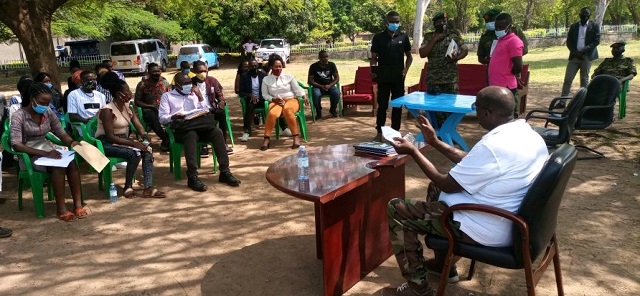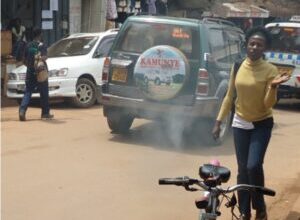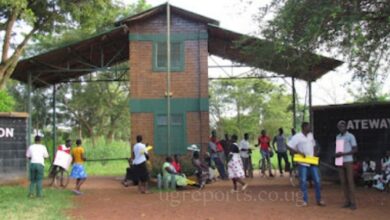Gen. Salim Saleh discourages pastoralism in Uganda
Pastoralism is a form of animal husbandry where domesticated animals are released onto large vegetated outdoor lands for grazing by nomadic people who move around with their herds.

Gulu: General Caleb Akandwanaho, aka Salim Saleh, the director of operations wealth creation and senior presidential advisor on defense, has discouraged pastoralism and the economic activities he dubbed the ‘cow economy.
Pastoralism is a form of animal husbandry where domesticated animals are released onto large vegetated outdoor lands for grazing by nomadic people who move around with their herds.
Gen. Salim Saleh was speaking to the leaders from Acholi, Lango, West Nile, and Karamoja on the implementation of Presidential Executive Order No. 3, which intends to expel Balalo, pastoralists, from Northern Uganda.
The general says the cow economy consumes a lot of land, but the outcome from selling the animals is little, yet the practice has many negative consequences for land.
Salim compares his tile factory in Kapeeka, Nakaseka district, with his cattle farm in Amuru district. He says he established his factory on small pieces of land but that it is giving him much money compared to keeping animals.
He recalls that in 2010, when his father, Amos Kaguta, died, his elder brother, President Museveni, divided the family members wealth of cattle from their father. He was given 200 heads of cattle, but up to now the animal has only multiplied to 320.
Gen. alleged that some of his animals were stolen by Balalo pastoralists, the people he says “are not good people and should not be defended.”
He also reveals the statistic that the Ugandan government has in the past gazetted a total of 270 ranches, which cover a total of 3,000 hectares, but the project has never been helpful to the country’s economy.
Salim fears that if the ‘cow economy’ is not well managed, it will bounce, causing problems, adding that he has directed the Ministry of Agriculture to sensitize all the cattle owners to take measures to curb the problem.
On Saturday, cultural leaders, politicians, and stakeholders from Northern Uganda gathered at the office of the prime minister in Gulu City to debate presidential directive number 3 of 2023.
The order was passed on May 19, 2023, with the intention of evacuating all the Balalo from northern Uganda, stopping illegal commercial charcoal businesses, and addressing insecurity caused by Karamojong cattle rustlers.
During the discussion, it was established that the Acholi sub-region has a total of 217 noncompliant Balalo who are collectively grazing up to 2700 herds of cattle in the Acholi sub-region.
Brig. Gen. Michael Kabango, the 4th division infantry commander, says 86 Balalo are in Amuru, 37 are in Nwoya, 5 are in Lamwo, and 45 are in Pader, while Gulu district has 44 Balalo.
Gen. Kabango notes that the UPDF are incapacitated to evacuate the illegal Balalo due to insufficient logistics.
However, the directive was extended until October 20, 2023, to give time to the president to read the inter-ministerial committee report on the implantation of the order.
Do you have a story about your community or an opinion to share with us? Email us at theugreports@gmail.com.






